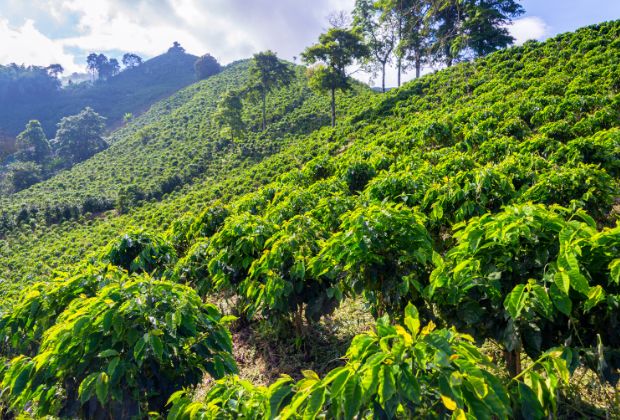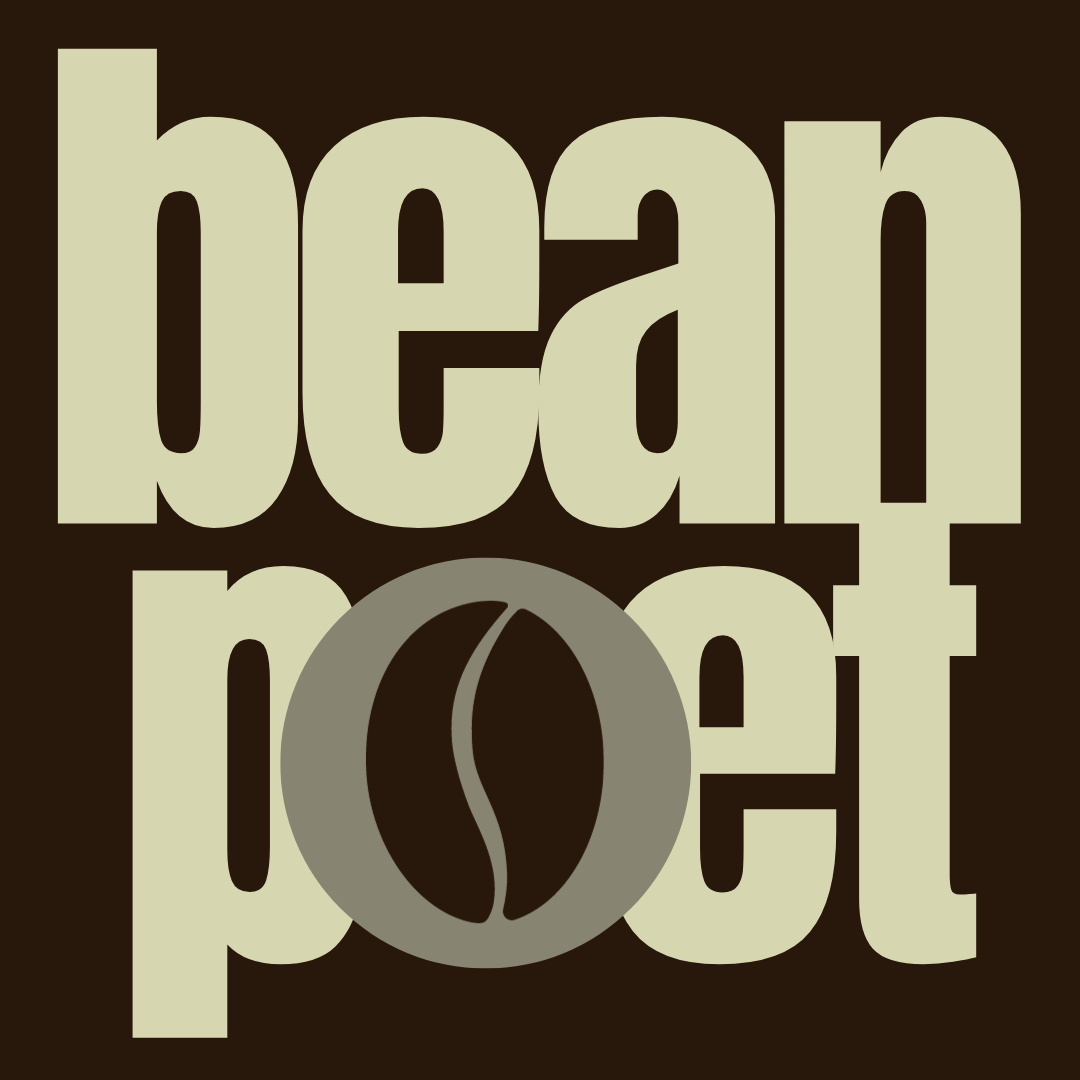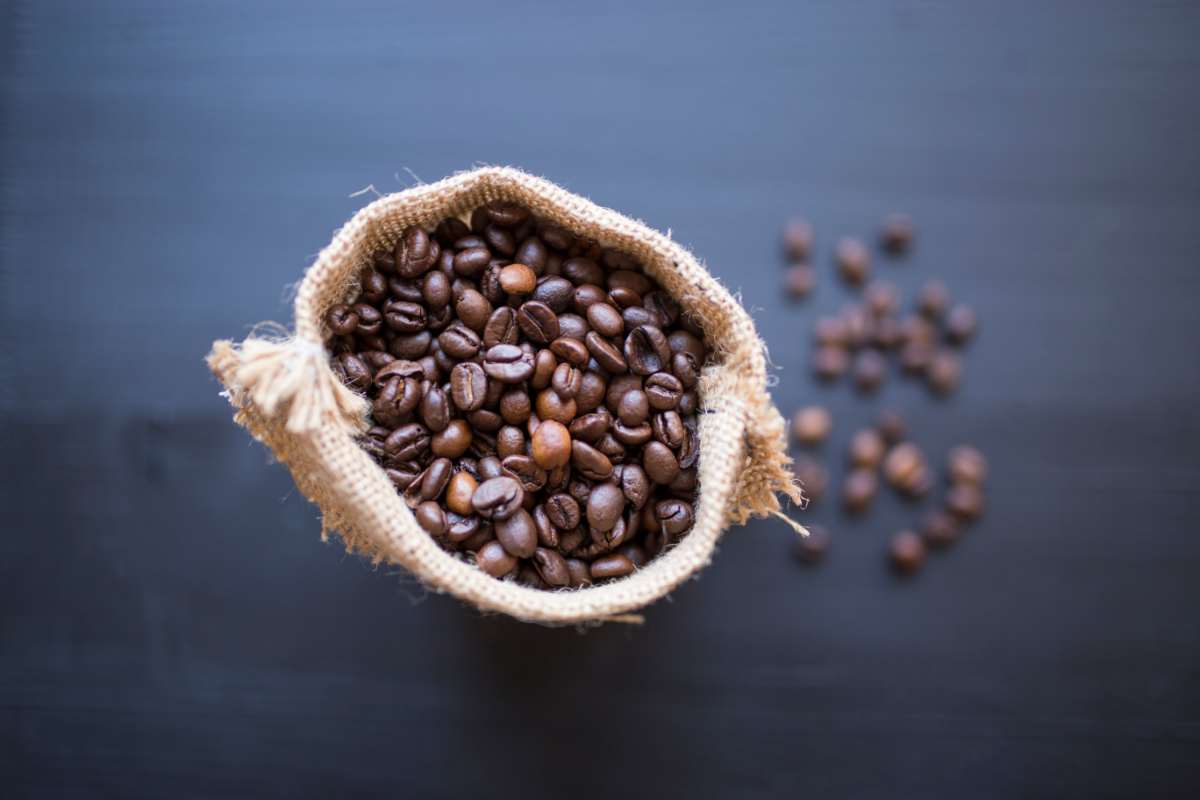Last Updated on December 20, 2023
The inherent quality of the beans themselves is a critical factor in making the best possible coffee.
Not all coffee beans are created equal. Their quality can vary dramatically based on their source.
This variation stems from several factors, including the climate, soil, altitude, and cultivation practices of the region where the beans are grown. Each element contributes to the beans’ unique flavor profile, aroma, and overall quality.
Specialty Coffee
One key indicator of high-quality beans is their classification as “specialty coffee.” This term refers to beans that have been graded and rated by experts, typically scoring above 80 out of 100 on a specialized scale used by coffee professionals. Specialty coffee beans have exceptional flavor profiles, minimal defects, and are usually sourced in an ethical and sustainable manner.
In general, high-quality beans are uniform in size and color, free from visible defects, and have a fresh, potent aroma.
The origin of the beans also plays an important role. Beans sourced from reputable regions known for their coffee cultivation, like Ethiopia or Colombia, are often higher quality due to ideal growing conditions.
Single-Origin Coffee Beans
Single-origin specialty coffee beans are like the fine wines of the coffee world. These beans are sourced from a single location, often a particular farm or region, which imbues them with unique flavors and characteristics that reflect their geographic origin.

Terroir—the environmental conditions, especially soil and climate, where the beans are grown—give these beans their signature taste and complexity. A single-origin coffee from Ethiopia or Colombia, for instance, will present a distinct flavor, aroma, and acidity, unique to its native soil and climate.
This connection to place offers coffee enthusiasts an opportunity to explore and savor the diverse and authentic expressions of coffee from around the world.
Blends
Blends are a testament to the artistry and skill of the roaster. A blend combines beans from various origins, each bringing its unique flavor, aroma, and body.
The role of a skilled roaster is paramount. They carefully select and combine different beans to achieve a balanced and harmonious flavor profile that is consistent batch after batch. This requires not only a deep understanding of the individual characteristics of each bean but also how they interact when combined. The roaster’s expertise ensures that the resulting blend is greater than the sum of its parts, offering a complex and layered coffee experience.
A well-crafted blend is an excellent choice if you like a coffee with a symphony of flavors.
Where to Get High-Quality Coffee Beans
- Local Specialty Coffee Shops: Artisan coffee shops often source high-quality, specialty beans and may offer a range of single-origin coffees and unique blends. The staff tend to be knowledgeable and can provide valuable insights into the flavor profiles and origins of their beans.
- Reputable Online Coffee Retailers: Many premium coffee roasters sell their beans online, offering a vast selection of high-quality, specialty beans from around the world. These online platforms often provide detailed descriptions of their coffee’s flavor notes, origin, and best brewing methods.
- Farmers’ Markets and Small-Batch Roasters: Local markets often host small-batch roasters who take great pride in their craft. Their beans are typically fresh and well-roasted, and you get to support a small local business.
- Coffee Subscriptions: If you like variety and convenience, you could try subscribing to a coffee delivery service. They often curate a selection of high-quality beans from different roasters and regions, delivering them to your door at peak freshness.
No matter how you shop, look for details like the roast date, origin, and flavor profile. These indicators can guide you in choosing beans you’ll enjoy the most.


